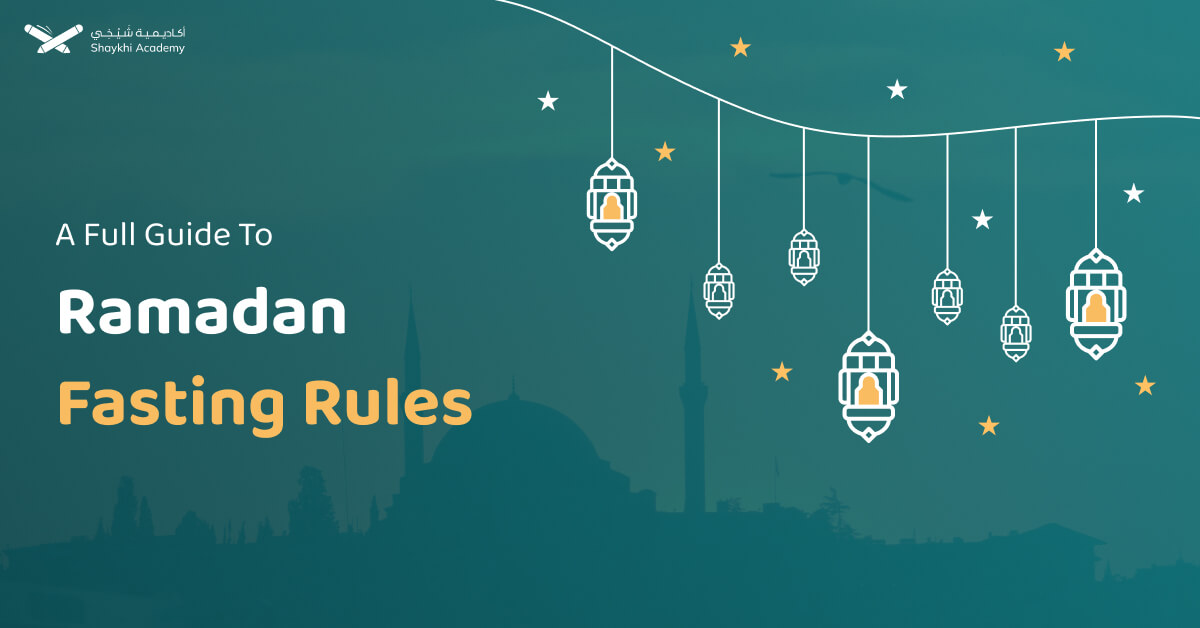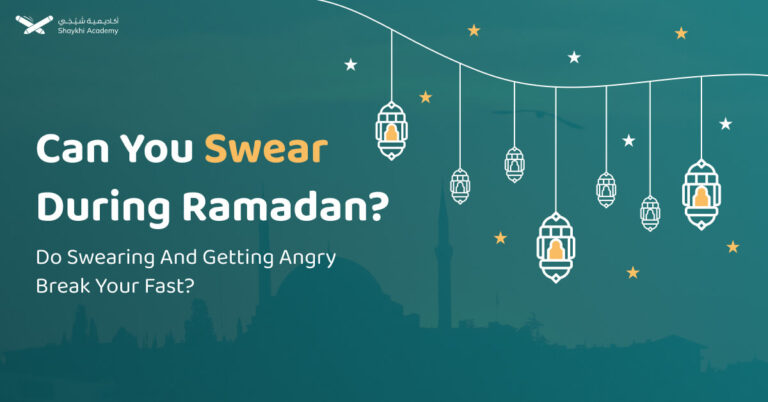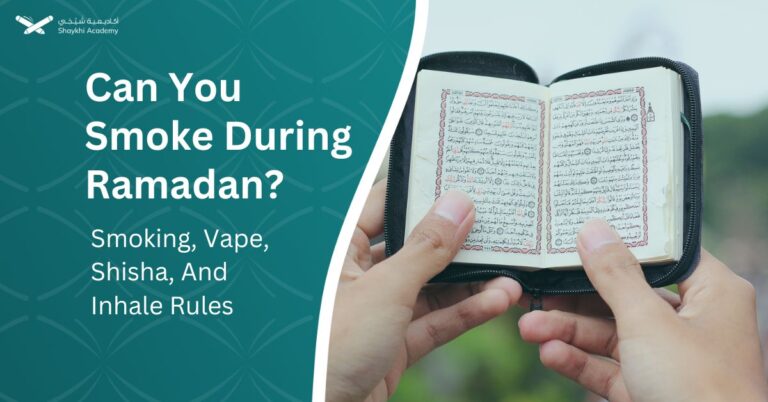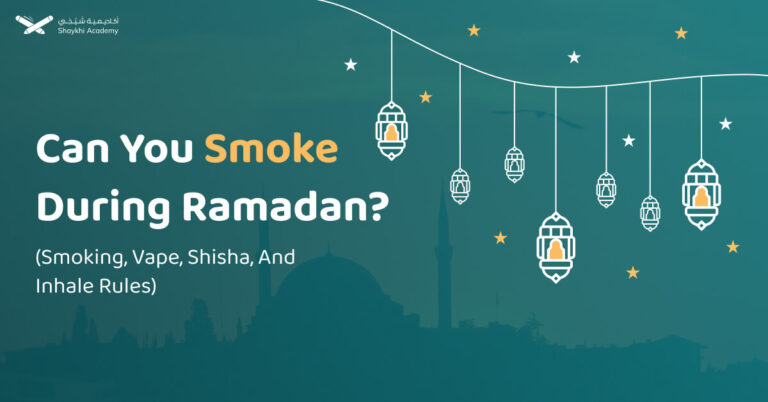Fasting during Ramadan is one of the Five Pillars of Islam, making it a mandatory practice for every Muslim. In this article, we will explore the significance of fasting, the difference between obligatory (Fard) fasting and voluntary (Nafl) fasting, and the essential rulings related to the fast during Ramadan.
What is Obligatory Fasting (Fard)?
Obligatory fasting (Fard) requires a specific intention to fast, and this intention must be made before dawn each day. As the Prophet Muhammad (peace be upon him) said, “Whoever does not intend to fast before dawn, his fast is not valid.” (Sunan an-Nasa’i)
This type of fasting is binding on every adult Muslim, and it is a crucial act of worship. For Ramadan, the fasting is obligatory on all healthy Muslims who meet the necessary conditions, including the right mental state and maturity.
What is Voluntary Fasting (Nafl)?
Voluntary fasting (Nafl) differs in that it does not require an intention made before the night begins. You may fast during the day with an intention after dawn, as long as you have not eaten or drunk anything that would break the fast before that. The Prophet Muhammad (peace be upon him) once said, “If you have nothing to eat, then I will fast today” (Sahih Muslim), showing that voluntary fasting is flexible and can be observed without prior notice.
Is Fasting During Ramadan Fard or Nafl?
Ramadan fasting is not voluntary (Nafl); it is obligatory (Fard) for every adult Muslim who meets the required conditions. Ramadan is the ninth month of the Islamic lunar calendar, and fasting during this month is a fundamental pillar of Islam. The obligation is further emphasized in the Quran and the teachings of the Prophet Muhammad (peace be upon him).
Allah (SWT) says in the Quran:
“The month of Ramadan [is that] in which was revealed the Qur’an, a guidance for the people and clear proofs of guidance and criterion. So whoever sights [the new moon of] the month, let him fast it; and whoever is ill or on a journey – then an equal number of other days. Allah intends for you ease and does not intend for you hardship, and [wants] for you to complete the period and to glorify Allah for that [to] which He has guided you; and perhaps you will be grateful.”
— (Al-Baqarah 2:185)Who Must Fast in Ramadan?
Fasting in Ramadan is obligatory for:
- Adult Muslims: Those who have reached puberty.
- Healthy Individuals: Those who are physically and mentally capable of fasting.
- Residents: Those who are not traveling long distances.
When Was Fasting in Ramadan Made Mandatory?
Fasting during the month of Ramadan was made mandatory in the second year of Hijrah (the Islamic calendar) in the month of Sha’ban. The Prophet Muhammad (peace be upon him) observed this fast for nine consecutive years until his death.
The Reward and Virtue of Fasting
Fasting, whether obligatory or voluntary, carries tremendous reward in the sight of Allah (SWT). In fact, fasting is one of the most beloved acts of worship. The Prophet Muhammad (peace be upon him) stated:
“The fast is a shield. If one of you is fasting, let him not engage in obscene speech or foolish behavior, and if someone fights or insults him, let him say, ‘I am fasting.’” (Sahih Bukhari)
Fasting serves as a means of purification for the soul, a way to build patience, and an act that brings the believer closer to Allah. It is also said to have multiple benefits:
- Purification of the soul: Fasting helps cleanse the heart and fosters spiritual growth.
- Forgiveness of sins: Fasting during Ramadan can be a means of having sins forgiven, as the Prophet (peace be upon him) said, “Whoever fasts during Ramadan with faith and seeking reward will have his past sins forgiven.” (Sahih Bukhari)
- Intercession on the Day of Judgment: Fasting intercedes for the believer on the Day of Judgment.
The Reward of Making Du’a During Fasting
During the fasting hours, especially at the time of breaking the fast, the du’a (supplication) of a fasting person is considered to be highly revered and answered. The Prophet Muhammad (peace be upon him) said:
“There is for the fasting person at the time of breaking the fast a supplication that will not be rejected.” (Sunan Ibn Majah)
It is also recommended to say the du’a of breaking the fast:
“O Allah, I fasted for You, and with Your sustenance I break my fast.“
The Spiritual Significance of Fasting
Fasting during Ramadan is not just about abstaining from food and drink; it is a comprehensive act of worship that nurtures the soul and strengthens one’s connection with Allah.
- A Pillar of Islam: Fasting Ramadan is one of the five pillars of Islam, making it a fundamental act of worship.
- Forgiveness of Sins: The Prophet (peace be upon him) said:“Whoever fasts Ramadan out of faith and seeking reward, his previous sins will be forgiven.” (Sahih Bukhari and Muslim)
- Self-Discipline and Patience: Fasting teaches self-control, patience, and empathy for the less fortunate.
- Spiritual Growth: It is a time for increased prayer, Quran recitation, and reflection.
- Night of Power (Laylat al-Qadr): Fasting during Ramadan includes the opportunity to witness Laylat al-Qadr, a night better than a thousand months.
Why Did Allah (SWT) Make Fasting Mandatory?
Fasting is not only a means of physical endurance but a spiritual journey that refines the soul. By abstaining from food, drink, and other physical needs, a Muslim learns self-discipline, empathy for the less fortunate, and patience. Through fasting, Muslims are reminded to increase their worship and mindfulness of Allah (SWT).
Fasting during Ramadan helps Muslims empathize with those who are less fortunate, creating a sense of community and solidarity. It is a time for reflection, repentance, and seeking Allah’s mercy and forgiveness.
Exceptions to Fasting
While fasting is mandatory, Islam provides exemptions for those who are unable to fast due to valid reasons. These include:
- The Sick: Those who are ill and fasting may worsen their condition.
- Travelers: Those on a journey exceeding a certain distance.
- Pregnant and Nursing Women: If fasting poses a risk to their health or their child’s.
- The Elderly: Those who are too weak to fast.
- Children: Fasting is not obligatory for children until they reach puberty.
For those exempted, Islam offers alternatives, such as making up missed fasts later or providing food to the needy (fidyah). Allah says:
“And whoever is ill or on a journey – then an equal number of other days. Allah intends for you ease and does not intend for you hardship.” (Quran 2:185)
Make Ramadan Your Quranic Turning Point with Shaykhi Academy!
Are you seeking the finest Quranic education right from the comfort of your home? Look no further! Shaykhi Academy stands out as a premier online Quran learning platform, dedicated to providing exemplary education to both children and adults.
Why Choose Shaykhi Academy?
- Connect with highly qualified native tutors.
- Flexible scheduling to suit your busy lifestyle.
- Affordable classes tailored for all levels.
- Accessible from anywhere around the globe.
Discover Our Range of Courses:
- Arabic Noorani Qaida: Lay a solid foundation for Quranic studies.
- Online Quran Classes for Kids: Engaging lessons for lifelong learning.
- Tajweed Rules for Kids: Learn to recite with confidence.
- Quran Hifz for Kids: Step-by-step guidance to memorize the Quran.
- Quran for Adults: Introduce yourself to Quran reading and Tajweed rules.
- Online Arabic Courses: Master the language of the Quran.
- Islamic Studies: A wide range of topics related to Islam, including theology, law, Quranic studies, Hadith.
Don’t let this Ramadan pass you by!
This Ramadan, empower yourself and your loved ones with the gift of Quranic knowledge.
Shaykhi Academy can guide you! Book your free trial now and make Ramadan your Quranic turning point!

Conclusion:
Fasting in Ramadan is an obligatory act of worship that every able-bodied Muslim is required to observe. It is one of the Five Pillars of Islam, and its observance is directly tied to the faith and submission of the individual to Allah’s will. With its profound spiritual benefits, fasting is a time for self-reflection, personal growth, and increased devotion to Allah.
If you have any doubts about your ability to fast due to health or other valid reasons, it is essential to consult with a knowledgeable scholar or Imam for guidance.

















































